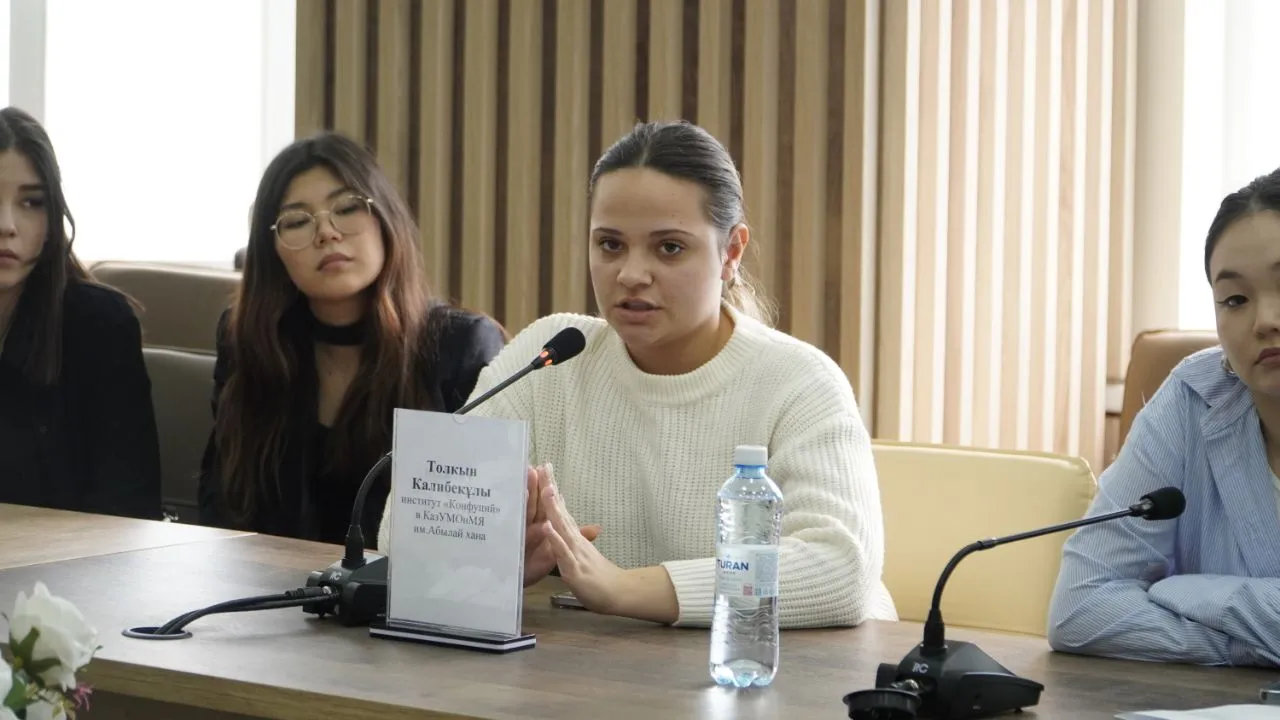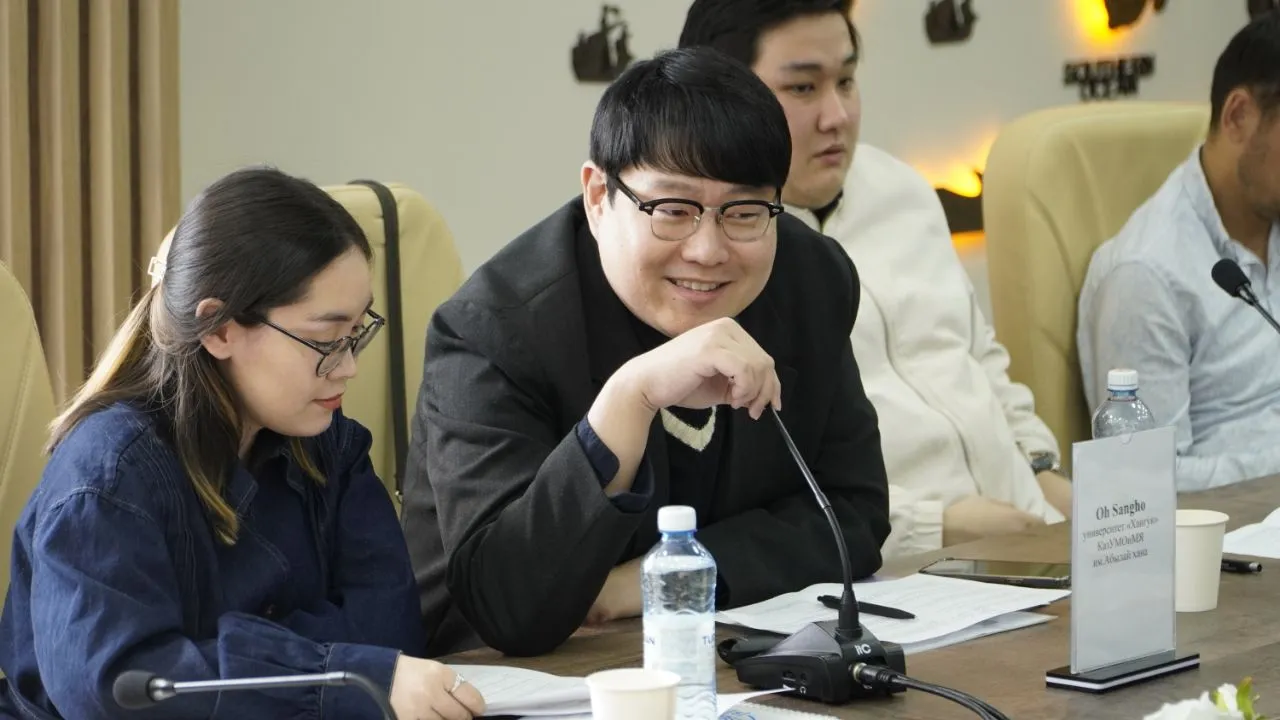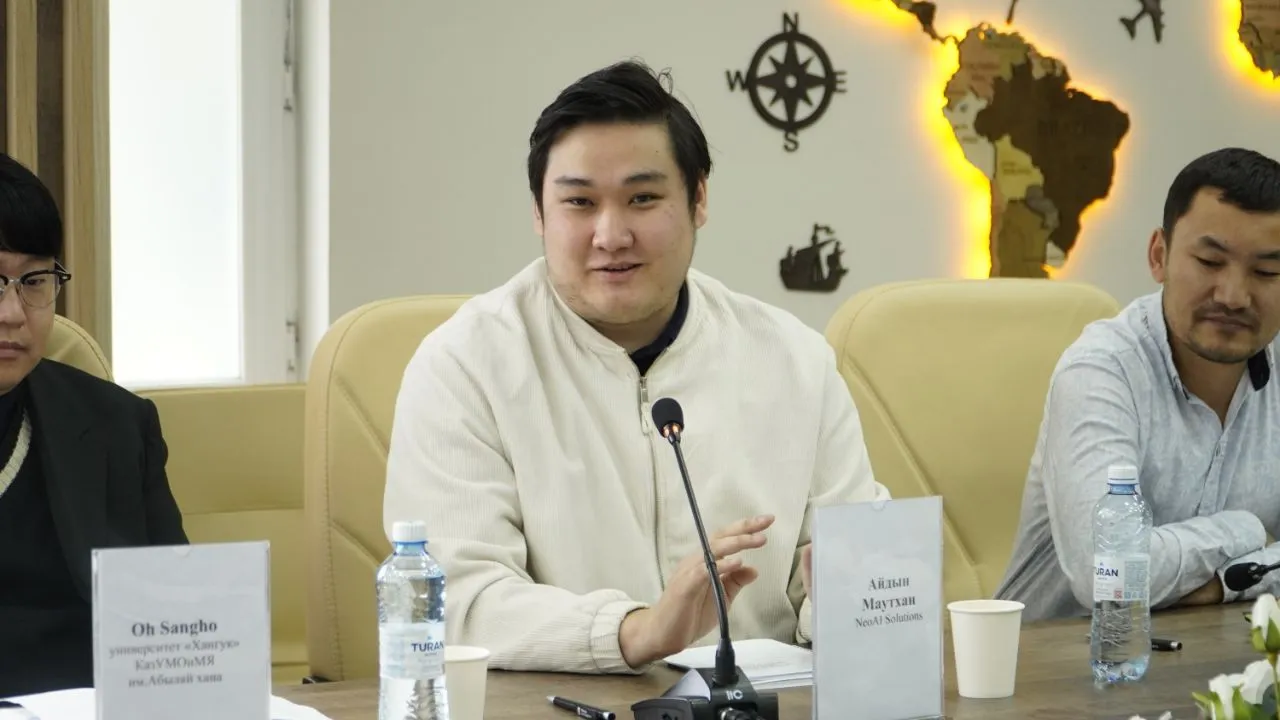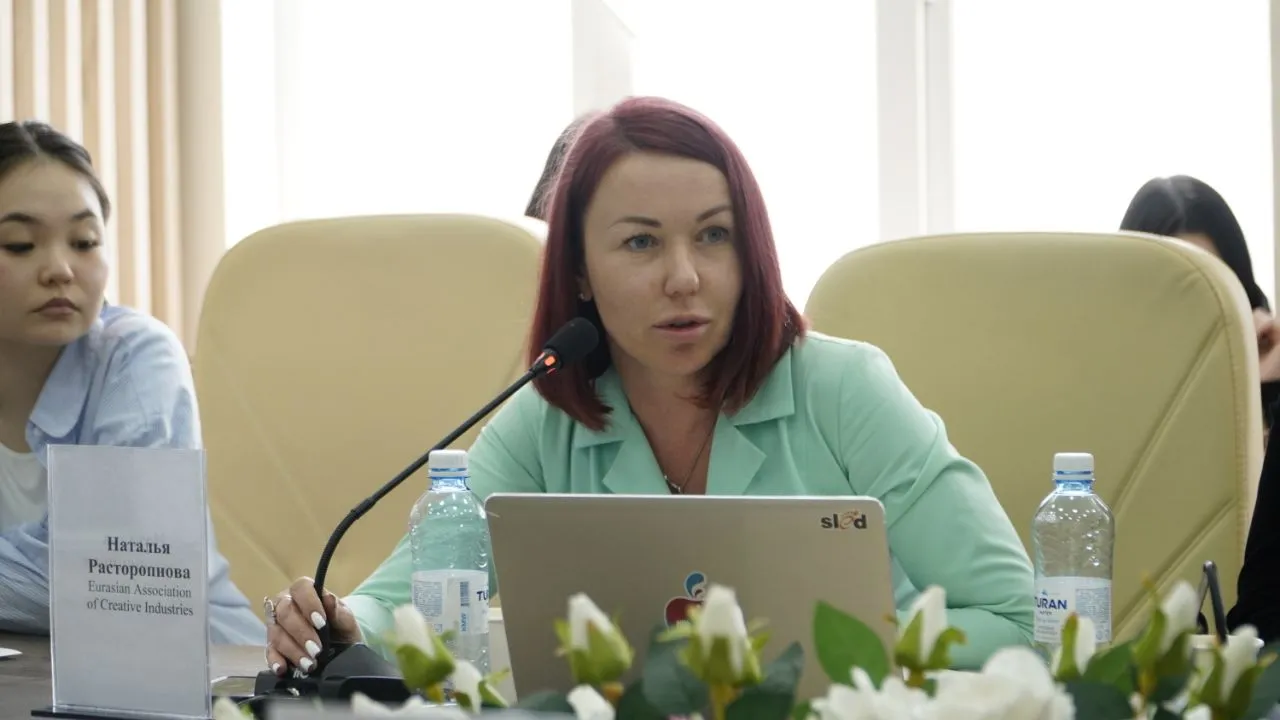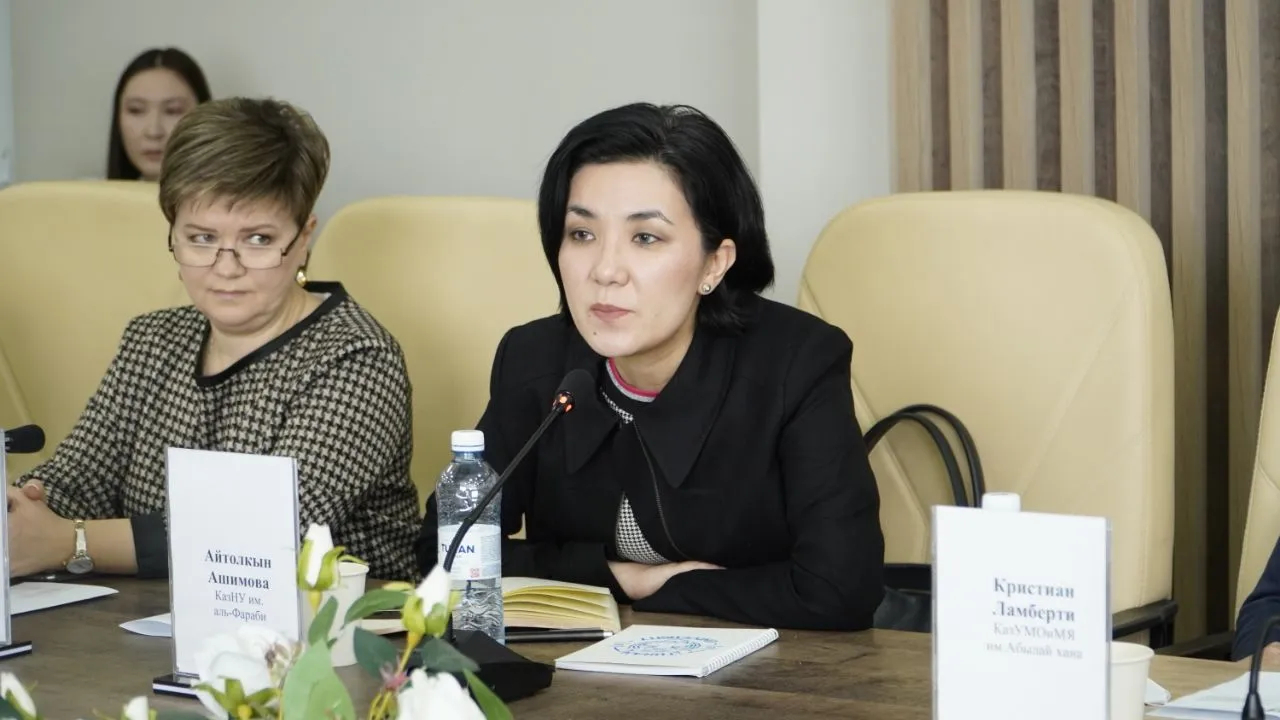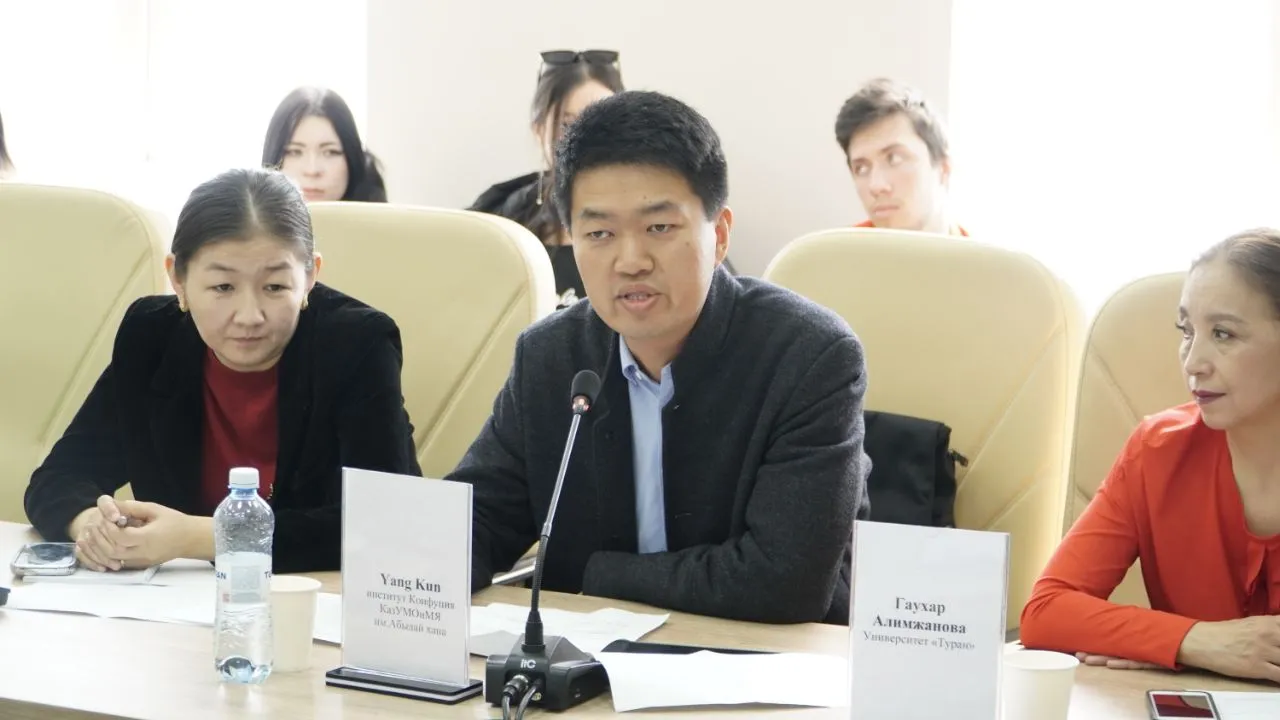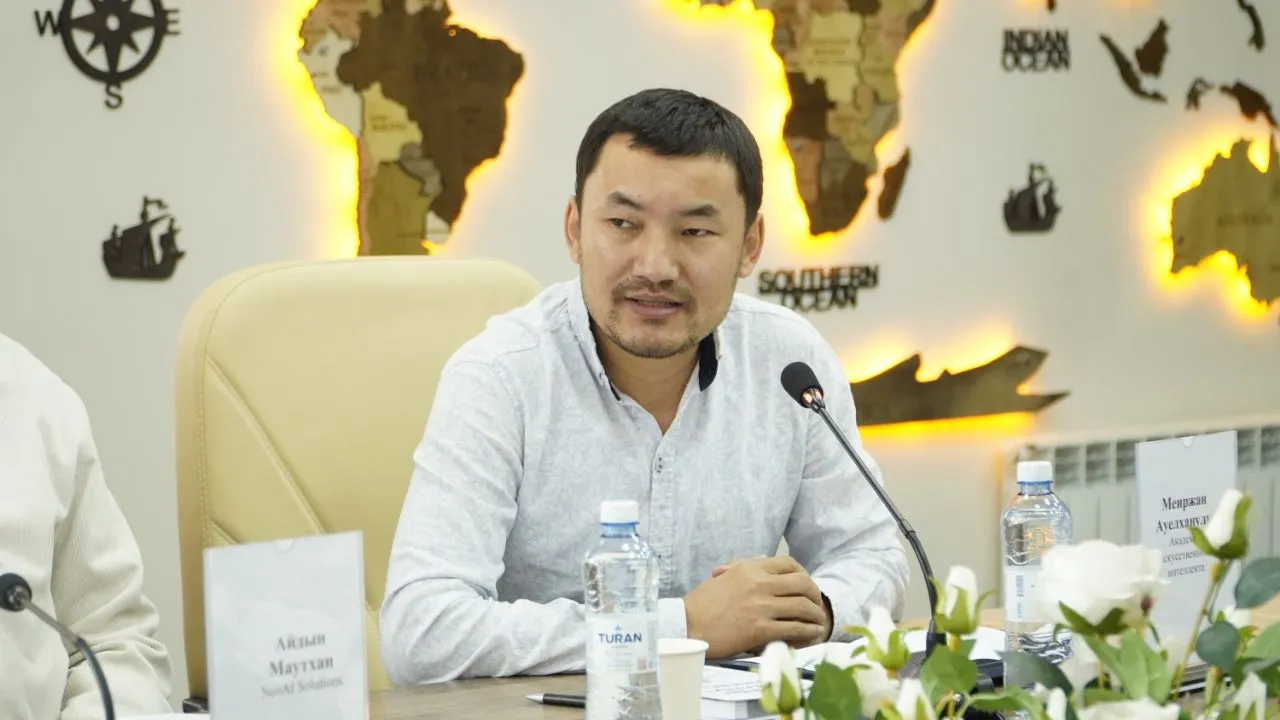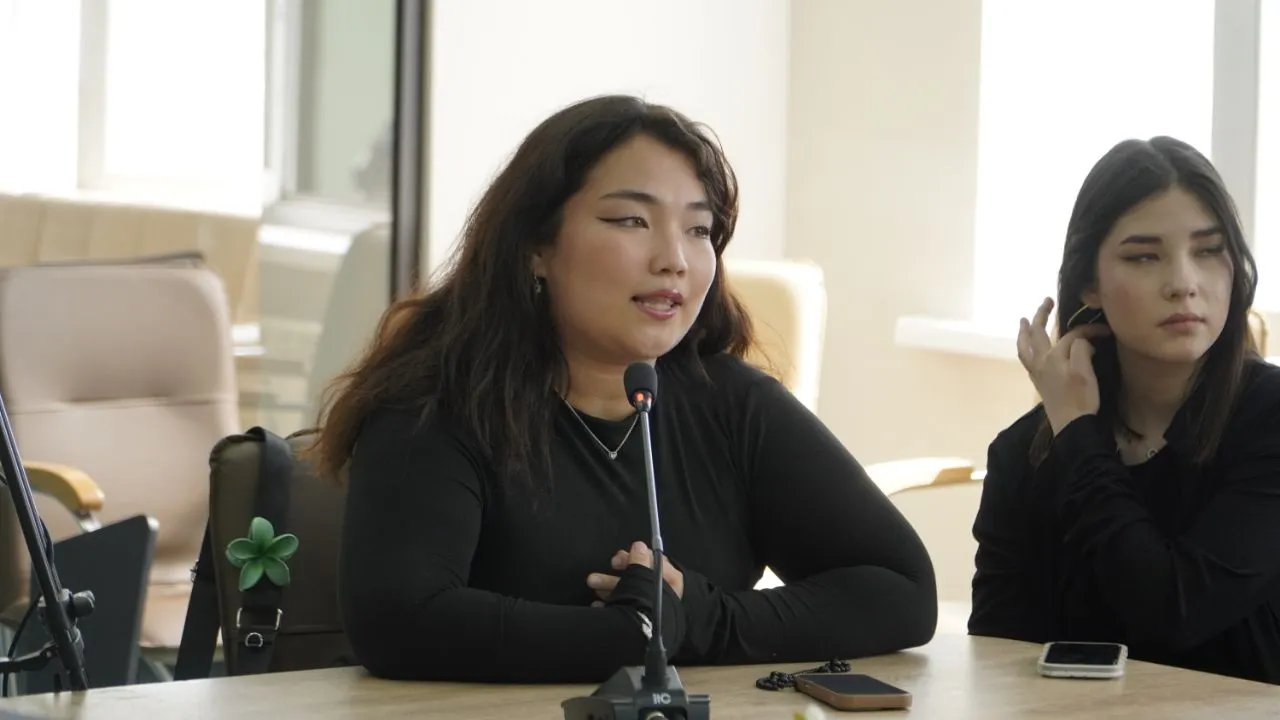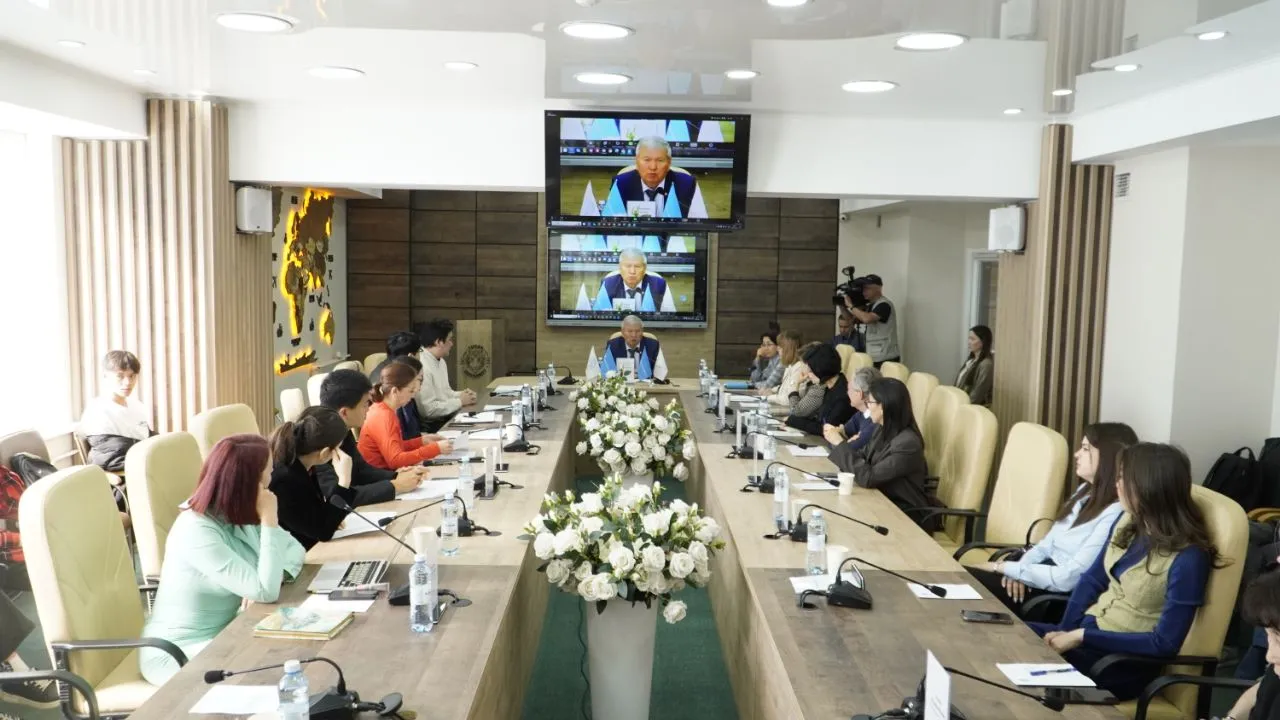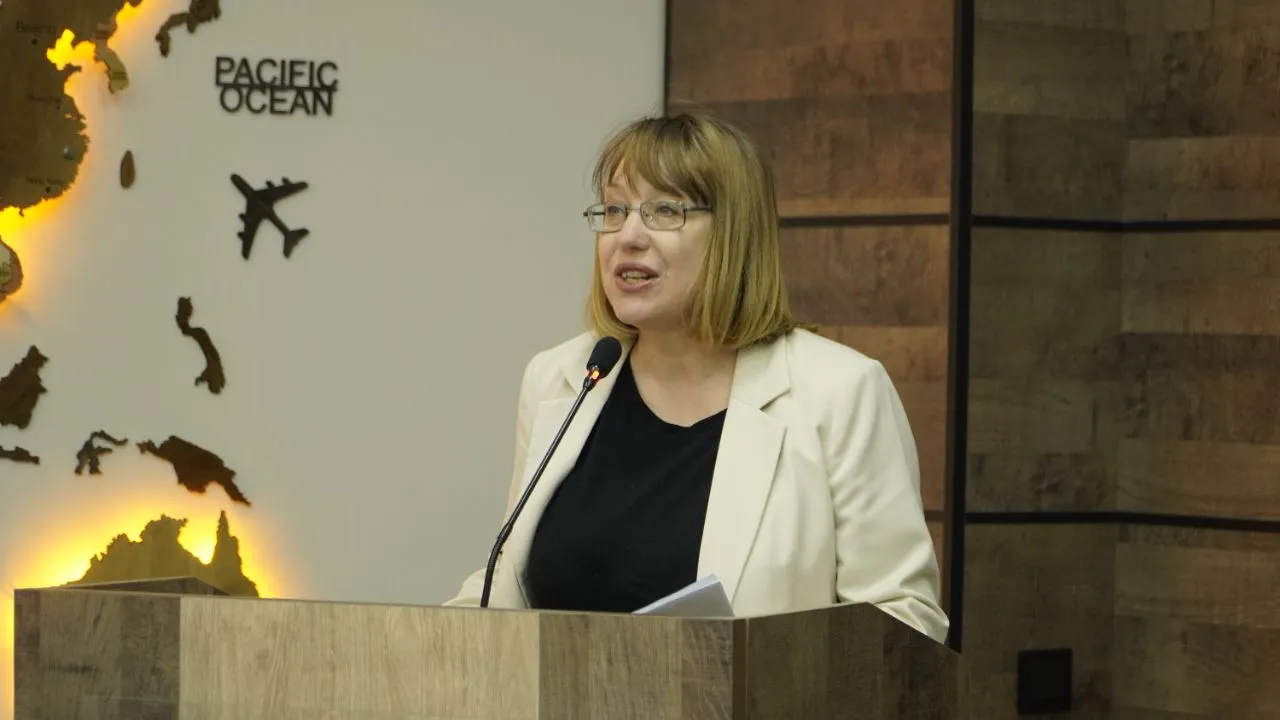Digital evolution of media content between creativity and algorithms
Researchers, educators, and specialists from the media and creative industries gathered to discuss a range of pressing issues: how digital technologies are changing the content creation process and the content itself; how this impacts the educational process and what happens to critical thinking under the influence of artificial intelligence; and how to foster creative thinking through creative industries.
“We live in a world of rapidly changing technologies, where major powers are competing with each other in the field of artificial intelligence development,” said Rahman Alshanovich Alshanov, Rector of Turan University, in his welcoming speech. “Kazakhstan cannot remain on the sidelines of this process. We must leave behind the fears that AI may replace humans. What comes first is the intelligent use of its potential.”
At the meeting, the book “Жасанды интеллект әліппесі” (“The ABC of Artificial Intelligence”) by Meirjan Auelkhanuly was presented. The author spent three years gathering the basics of theory, providing foundational examples of modern technologies, and describing practical tools for applying AI.
Aydyn Mauthan, the founder of NEO AI Solutions, urged those present not to waste time and to explore the opportunities offered by modern technologies. He admitted that even Kazakhstani specialists sometimes struggle to keep up with their development. According to research, artificial intelligence is advancing every ten days. New developments and terms keep emerging. Today, specialists from China have joined the leaders of the industry from the United States, offering the world their more cost-effective solutions.
International colleagues shared their experiences using artificial intelligence in the educational process. Christian Lamberti from Argentina, who teaches Spanish at the Department of Romance Languages at Kazakh Ablai Khan University of International Relations and World Languages, uses neural networks to create visual aids. ChatGPT helps him generate dialogues on various topics. Translation students analyze the AI-generated Spanish-to-native language translations.
Another international researcher, PhD candidate from Hankuk University (Seoul, South Korea), Oh Sangho, spoke about the application of digital technologies in Korean studies. He also teaches this subject at Kazakh Ablai Khan University of International Relations and World Languages. According to him, Korean textbooks often lag technological progress, and students frequently use AI to solve their tasks. To improve the situation, the free web platform K-MOOC was introduced into the educational process, offering an unlimited set of opportunities across various educational fields.
Yang Kun, Deputy Director of the Confucius Institute at Kazakh Ablai Khan University of International Relations and World Languages, who is from China, also witnessed how artificial intelligence is rapidly transforming many administrative and educational processes.
Yegor Korolev, a producer in the “Higher Education” sector at the online platform “Netology” and a political science PhD from Moscow, shared his experience as well.
Overall, the roundtable participants concluded that AI tools need to be studied. Their use should be ecological. Tatyana Zatonskaya, PhD candidate and lecturer at Turan University, explained from the perspective of integration methods why we love ChatGPT: “On one hand, our brain enjoys being in a comfort zone and gets used to using quick, ready-made solutions. On the other hand, staying too long in the comfort zone prevents it from developing. That’s why it’s important to step out of this zone from time to time and challenge the brain with complex cognitive tasks. Otherwise, we risk reducing our level of critical thinking and losing the ability to think independently and make decisions.
The founder of the Factcheck.tj platform in Tajikistan, Rustam Gulov, sees the solution in the conscious use of AI tools and the development of media literacy. A person should leave space for their own thoughts and set a certain level of complexity for their brain. So, use artificial intelligence wisely, and alongside it, read books and play chess.



